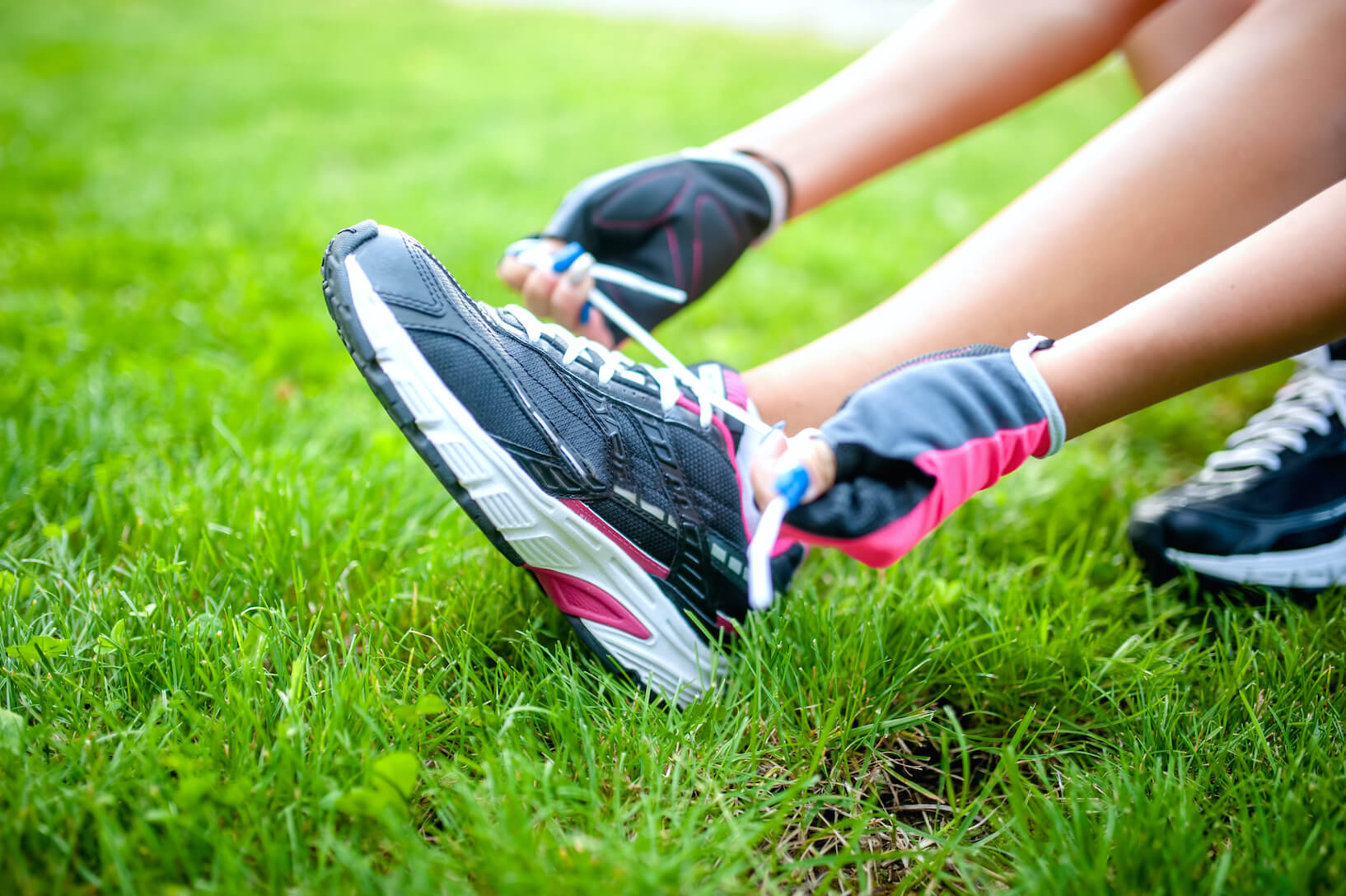
Why do my clients first get in touch with me? Because they have a challenge, or a problem to solve. This can be anything from wanting to lose a bit of weight to running their first marathon. I have the expertise to help. But I know that if someone wants to achieve things, they must understand and channel their motivation.
In this article, I look into the importance of setting goals. There are some practical tips for making them work for you, and we dig into the psychology. I offer a framework for setting and defining good goals, showing how you can use them to make progress.
What do we mean by a ‘goal’? It’s something you hope to achieve. But the word implies that to get there, you’ll need to commit time and effort. You’ll have to make sacrifices. That won’t be easy, so you’d better make sure your motivation is strong, and backed up with a good plan.
Where positive emotions come from
Psychologists tell us that we get positive emotions when we’re moving towards a goal. These are feelings like joy, gratitude, hope and confidence. One of the reasons we love them is that they fend off negative emotions such as anxiety and fear. Improve your goal setting, and you’ll feel less pain, frustration and discomfort.
I think we all know this deep down. To have positive meaning in your life, you need a goal that you actually value and will keep working towards. And if you don’t give your mind something to chase, it will find things to fret about. Think of goal-setting as a tool we can use to become our own best friend.
Two different kinds of goals
I help my clients think about both outcome and process goals. An outcome goal is ambitious. For example, you may want to complete a half-marathon after years of inactivity. Or convert your fast-food loving kids to your tasty, healthy weekday meals.
Outcome goals won’t usually work on their own. They’re too distant, so don’t give you the goal-directed drive you’re looking for. We fill this gap with process goals, small steps on the journey. Every single step gets you closer to the bigger outcome goal. And every single one will give you a bit of dopamine, the brain’s feel-good chemical.
Let’s take the half-marathon example. The outcome goal must be achievable, otherwise you’re setting yourself up to fail. So perhaps we’d identify an event that’s nine months away. We’d then work back and fill the weeks with regular process goals. At first, they might be as simple as buying some running gear. Then one month in, getting up early to volunteer at a parkrun. Three months in, lining up on the start line yourself. Six months in, fast walking or running 20 miles in a week.
A framework for goal-setting
If you want to improve your goal-setting, try the following five-step approach.
1. Write down your outcome goal
Use the SMART approach when you’re doing this – it’s old but gold. It gives us a way of judging how well thought-out your goal really is:
- Specific – Is your end point clear? ‘Get fitter’ or ‘lose weight’ are too vague. It’s best to target one particular area for improvement.
- Measurable – Try to attach numbers to the goal. Here’s a good example, “I’d like to run 5k in under thirty minutes before my 50th birthday.”
- Achievable – Based on experience and research, is it do-able? If you’re not sure, this is something I can help with. Our bodies will adapt over time, but it’s foolish to be over-ambitious.
- Realistic – Thinking about family, work and other commitments, how much time and energy can you bring to your goal? It may be better to start smaller.
- Time-bound – Have you said when the results will be achieved? At what point will you look back and judge? Your goals won’t work without a deadline.
2. Your motivation
Add a paragraph or two on your motivation. Here are some things to cover:
- Why do you want to achieve this goal?
- If you don’t attempt it now, how will you feel?
- If you don’t attempt it now, how will you feel in five years’ time?
- Who else wants to see you reach this goal, and why?
- How will they feel when you succeed?
- How will you feel when you succeed?
3. Making things better
Now write down how achieving this goal will change things for you and your loved ones. Think about the following:
- Would achieving this goal change your view of yourself? Why?
- How would it change the way that your partner, family and friends see you?
- How would achieving this goal help or inspire other people?
4. Write down your process goals
Remember that it may take some time before you reap rewards from your hard work. So this is where you convert your outcome goal into digestible chunks. You’ll use them to track how you’re getting on, giving you a sense of accomplishment.
- Break the goal down into action steps – ideally one for each day
- Put them in your calendar, and protect them from other commitments
- Try to pick out a weekly milestone – achieving this will fuel another wave of motivation.
5. Prepare for obstacles
Life has a habit of getting in the way of your process goals. So predict at least five common obstacles. Use your imagination to solve them right now, like this:
- Obstacle – Early evening is the best time for my run, but I get distracted as soon as I’m home
- Solution – Get your running kit ready as part of your morning routine. Change into it as soon as you get through the door.
By starting, you have already made a big step forward. Don’t panic if it’s not working for you straightaway. Things might need a little adjusting. If your obstacles are proving hard to overcome, ask for advice from others who have achieved similar goals.
Becoming unstoppable
You can revise your process goals as they’re bound to need adjusting. That’s OK. Their role is to provide urgency and keep you close to your milestones. Every little step is just an increment better, and that’s a great thing. It compounds, driving the kind of progress that’s unstoppable. On the way, it will deliver the positive emotions and meaning that makes a life worth living.



